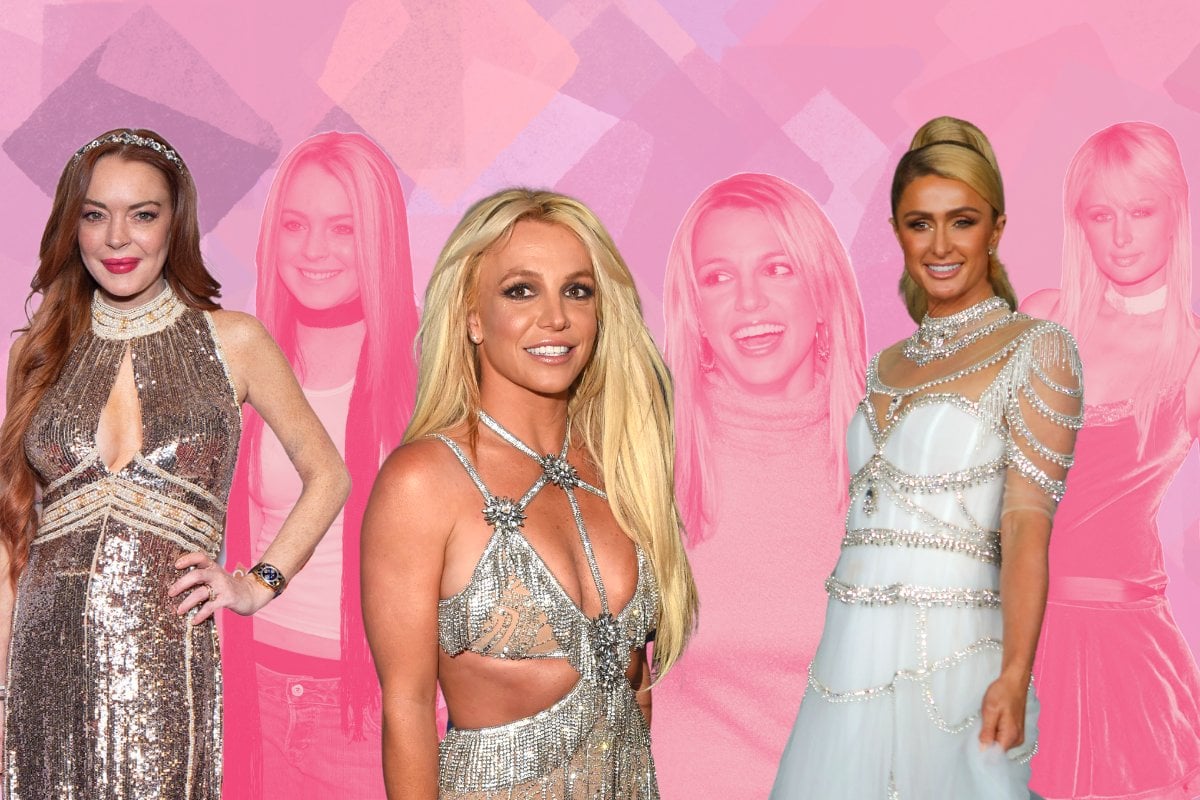
We owe so many women apologies.
We, as in everyone who participated or contributed to celebrity culture in the 2000s. Tabloid magazine culture, paparazzi culture, 'making jokes about shaving our head' culture.
In 2021, we have already apologised to Britney Spears. Media, fans and the general public have re-examined the treatment of Spears throughout the late 90s and 2000s. We watched in horror as documentaries showed interviewers asking the then-teenager about her virginity and expressed outrage at the callous response to her mental health during *that* infamous 2007-2008 period.
With the #FreeBritney movement, and documentaries such as the New York Times' much-lauded Framing Britney Spears, we tried to make up for it. Now free after almost 14 years, Spears is experiencing a level of support unlike anything she's ever seen before, even during her early years as the world's biggest popstar.
Spears' redemption arc is clear.
We love Brit. She must be protected at all costs. We wish her all the happiness in the world.
It's understandable. Nobody deserves redemption like she does. The conservatorship system she lived under was cruel and unjust. She was forced to work, but had no control over the money she brought in. She was unable to make her own contraception choices. She could not even buy her own candles.
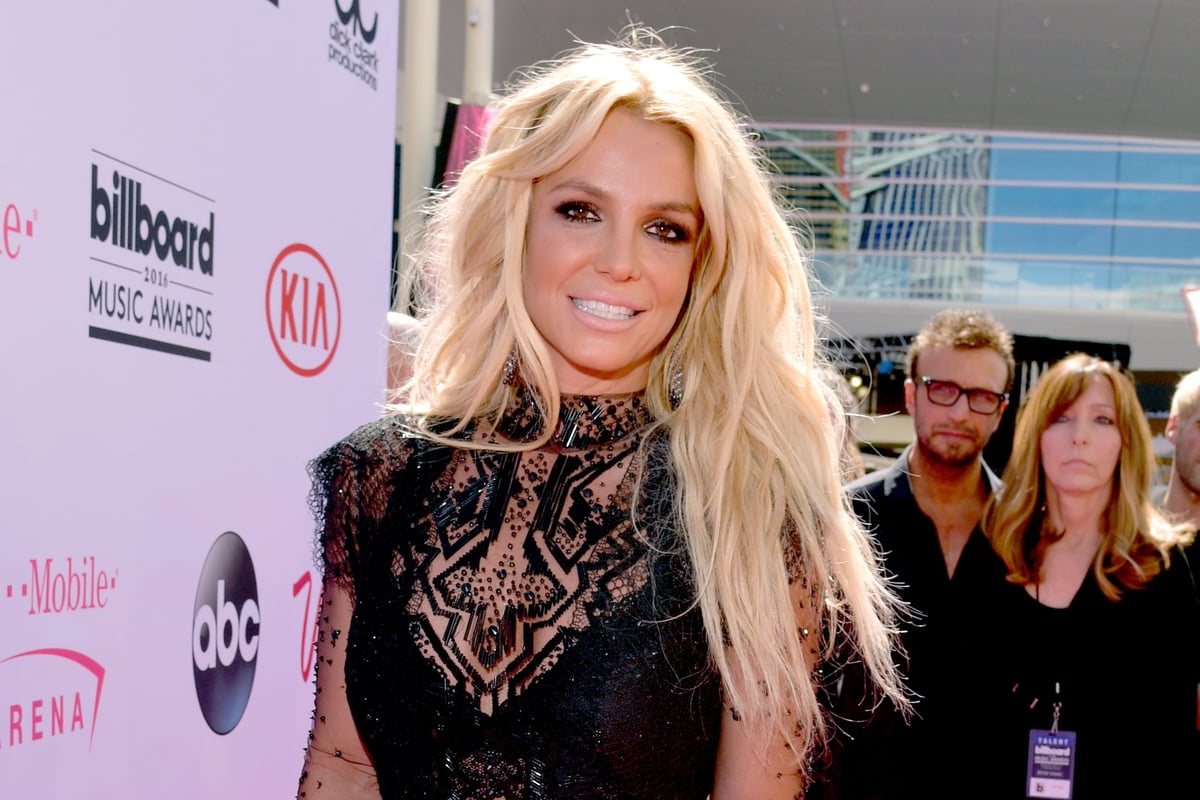 Image: Getty.
Image: Getty.
Interestingly, the re-examination of Spears' career and public persona has had ripple effects for other stars of her era. Among those experiencing career or public revivals are Paris Hilton, Lindsay Lohan, Megan Fox and Brandy.
The 2000s was the peak of pop culture's 'socialite' era. Everyone knew what the 'it girls' were up to, and it usually involved jokes and mocking and ridicule. You could get away with all sorts of shaming - body-shaming, slut-shaming, job-shaming - if it was geared towards the young women who went to clubs and were on the cover of magazines.
Among those treated worst were Paris Hilton and Lindsay Lohan.
Child star turned-'it girl' Lohan was one of the most promising actors of the early 2000s, going from teen hit to teen hit, including the cult classic Mean Girls in 2004.
As a consequence of the smash hit, Lohan's life became the subject of intense media coverage. She experienced a number of personal and legal troubles, as well as several stints in rehabilitation facilities due to substance abuse.
Lohan's career experienced major setbacks, overshadowed by her messy private life.
And the media preyed on every moment.
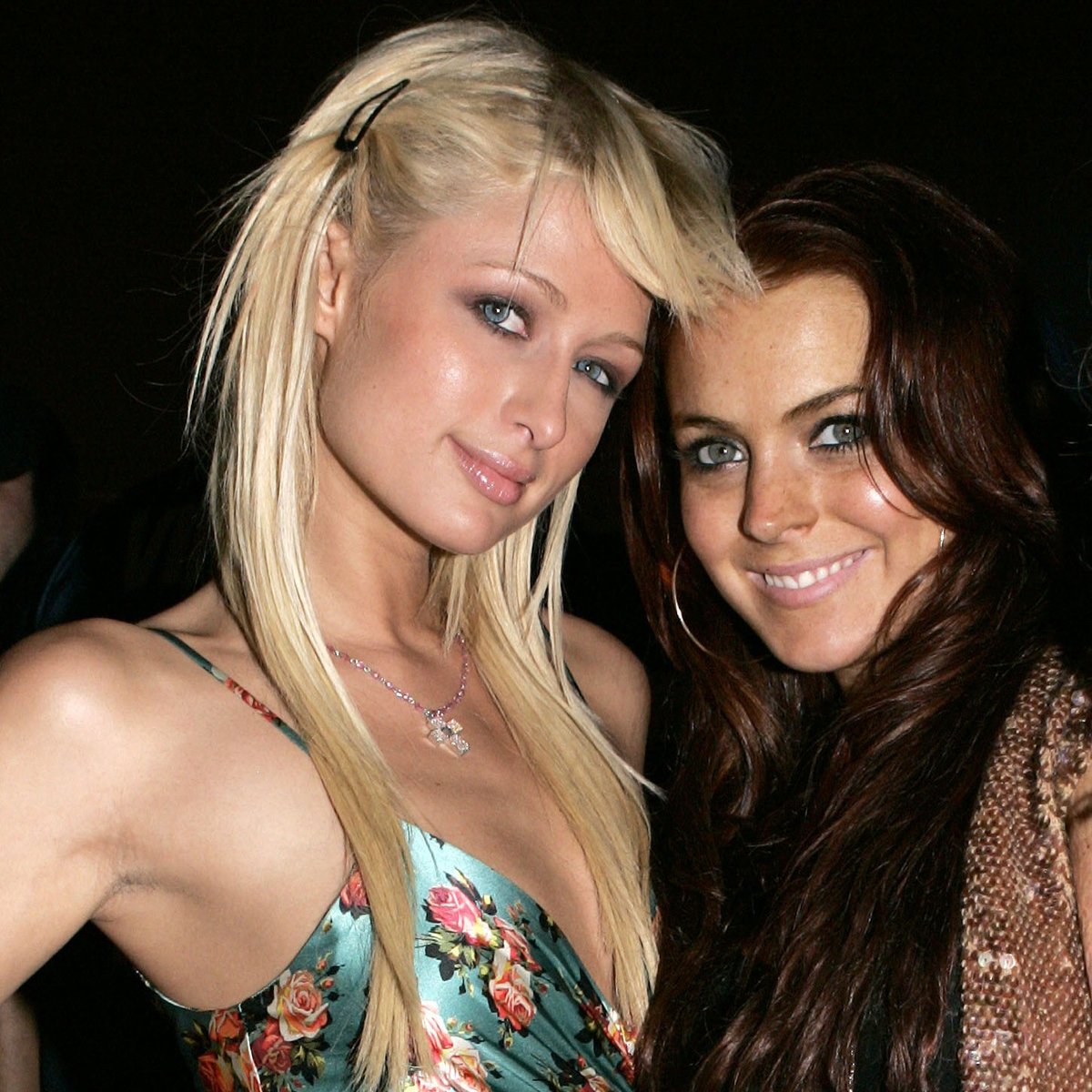 Image: Getty.
Image: Getty.
In a 2018 interview for Paper Magazine, Lohan expressed frustration at this.
"I would love to know why I get constantly clobbered in the press," she said. "I could do 99 things right and one thing wrong, but it's that one thing that will be focused on.
"Behind the scenes I do what I can to be the best version of me, which never gets mentioned. I am also human. I make mistakes. That's all that seems to get reported."
She has a point, especially as one of the most scrutinised stars of her time.
The issue with that particular interview was its timing. It came soon after a highly-publicised incident in which Lohan live streamed on Instagram herself harassing a family, who she described as Syrian refugees, accusing the parents of "trafficking children" and attempting to take their kids away.
And while she lamented the negative press, she did not apologise for her mistake. All she had to say about that incident was: "I read the situation wrong. I've learned from it. And that's all I have to say".
It came after a string of concerning headlines about Lohan's behaviour, including a 2012 incident where she allegedly punched a woman who offered her a psychic reading and calling her a "fucking g*psy". In 2016, Lohan was accused of racially mocking a bartender and spitting in the face of a pub-goer in New York.
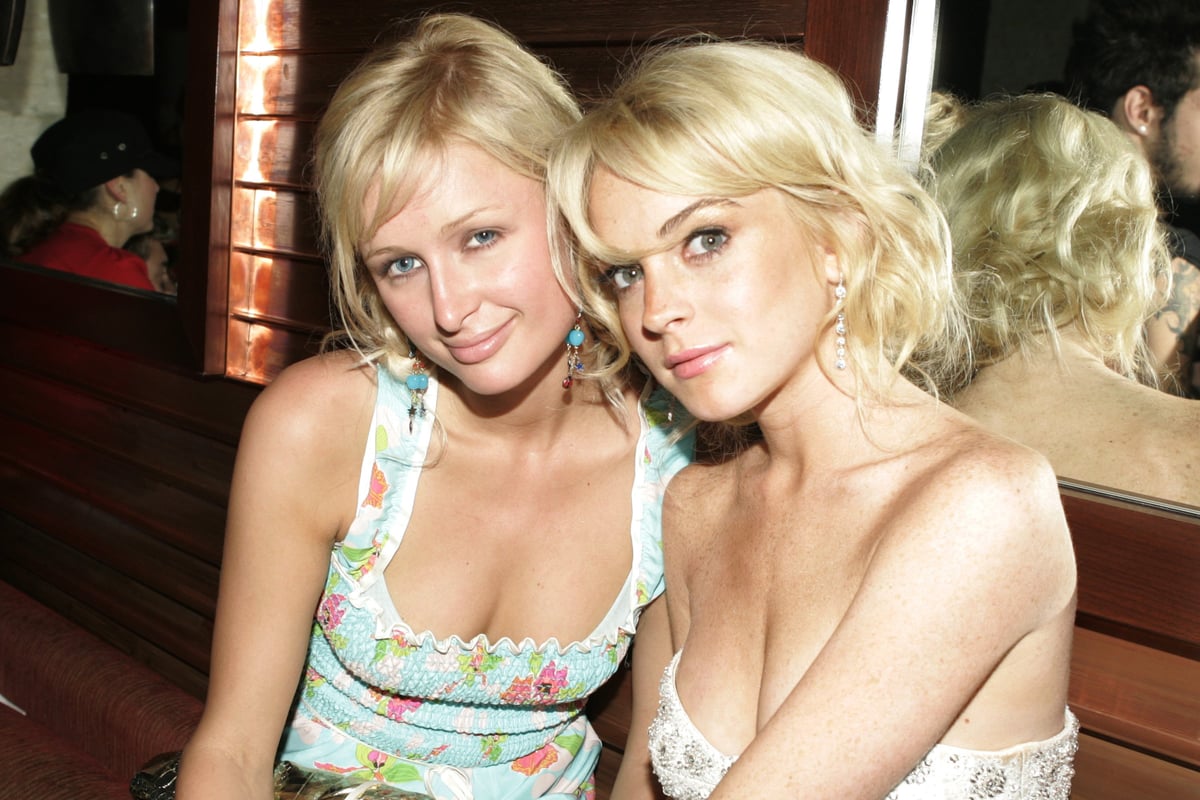 Image: Getty.
Image: Getty.
Neither incident received much of a response from the actress, though her publicist stated after the 2012 headlines that she was "once again" "a victim of someone trying to capture their 15 minutes of fame".
In the past two years, Lohan's career seems to have taken a much more positive turn. She was a judge on Australia's The Masked Singer in 2019, before being unable to return down under due to the pandemic.
In November 2021, she began filming a Christmas movie for Netflix - her first major mainstream role in years, signifying her long-awaited return to acting.
In the 2000s, the tabloid covers and water-cooler conversations that featured Lohan often included another famous name: Paris Hilton.
Hotel heiress Hilton was - famously - famous for being famous. She practically invented that genre of celebrity, paving the way for others, including her own ex-personal assistant, Kim Kardashian.
Perhaps the greatest example of Hilton's mistreatment at the hands of the press and public was in response to a sex tape leaked by her ex-boyfriend. The fact that this was revenge porn barely rated a mention in the coverage of the tape, which spurred victim-blaming, bullying and multiple late-night TV monologues.
Hilton's public persona was shaped by this tape. She was, in the eyes of the world, a dumb, sexualised blonde. And at the time, this alone was reason to hate her.
As Hollywood moved on from its socialite era, Hilton's star faded. She reinvented herself as a DJ and continued to work in showbiz, but she no longer created the furore of the early 2000s.
Watch: The trailer for Paris Hilton's This Is Paris documentary. Post continues below video.
In 2020, Hilton released a documentary - This Is Paris - on YouTube. It revised her legacy and added context to her upbringing, as much of the film's focus was on the alleged abuse and subsequent trauma she experienced at the Provo Canyon boarding school in remote Utah. After sharing details of her experiences, Hilton used the documentary as a form of activism hoping to make changes to this dark part of America's schooling system.
In the documentary, Hilton also insisted that no one really knew who she was; that there was more to her than the privileged, vapid blonde the world saw her as.
Since then, Hilton has experienced a resurgence in popularity and support. In November 2021, she married her partner Carter Raum during an extravagant, three-day wedding, and there was little but love across both social media and the traditional media she used to be slammed by.
But in this revision of Hilton, there are genuine issues being left behind.
Hilton has a documented history of racist and homophobic behaviour, and she has not apologised for it.
In 2020, Jezebel published a very thorough timeline of such events. In 2007, a series of personal footage from a storage locker for-which Hilton let the payment lapse was circulated on the web. Among the content was a video, which was discussed on mainstream media platforms like CNN and The View, in which Hilton very clearly says the n-word. It appears to have been scrubbed from the internet.
In another video, which still exists on YouTube, Hilton and her younger sister are dancing at a party when she again uses the term. In the same video, she uses a homophobic slur and yells about a "poor bitch from, like, Compton".
In a statement, Hilton's representative said she regretted using the term and was "not a racist".
"Each of us has used words we have regretted later. This was six years ago. She was 20 at the time. It was New Year's Eve. She had been obviously drinking. She sincerely regrets using those words. She is not a racist or an anti-Semite."
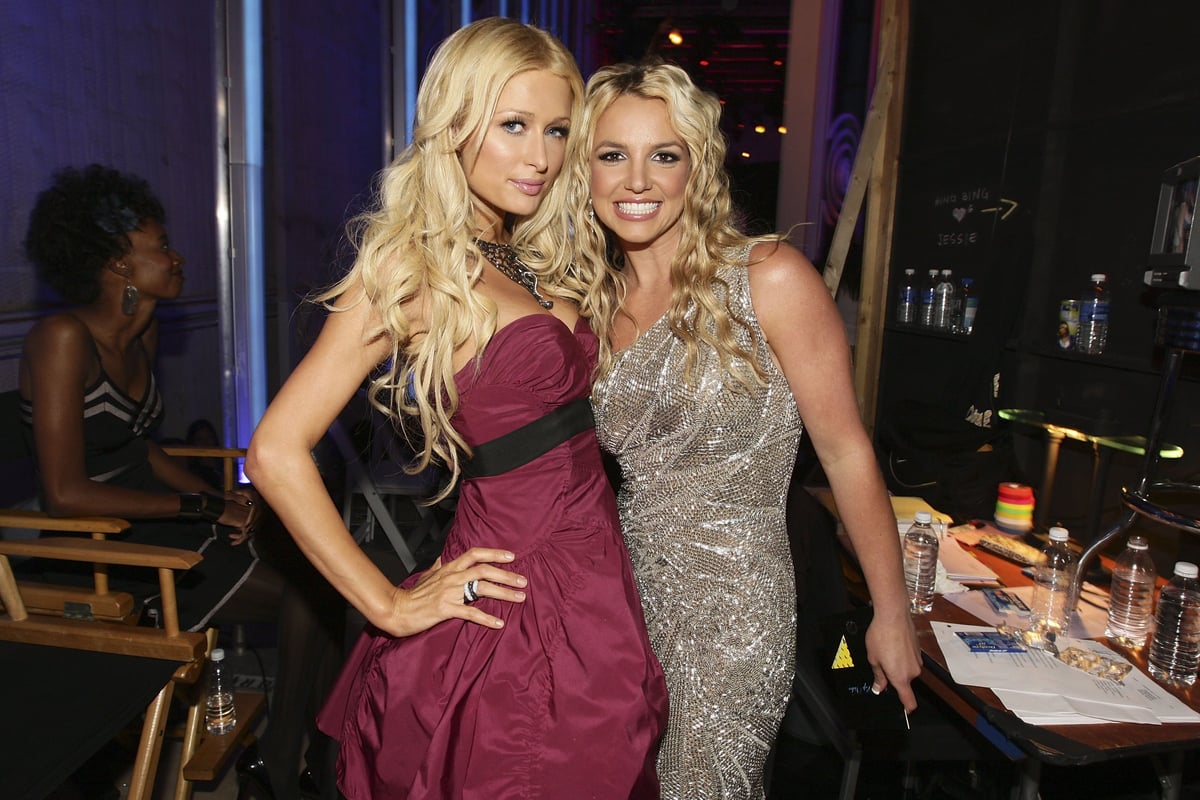 Image: Getty.
Image: Getty.
Then in 2012, RadarOnline published audio of Hilton claiming "most" gay men "probably have AIDS". In response, her publicist said her comments "were to express that it is dangerous for anyone to have unprotected sex that could lead to a life-threatening disease".
In 2017, she dismissed then-US President Donald Trump's infamous "grab them by the pussy" comment.
"I think that they are just trying to get attention and get fame," she told Marie Claire.
While Hilton's publicists worked to dismiss these comments and actions, there have been no apologies.
This Is Paris did not acknowledge any of these past moments. In interviews to promote it, both Hilton and director Alexandra Dean spoke about how it was a project designed to reshape her persona in the public eye. Judging by the way in which Hilton has been embraced over the past year, it was successful in that.
On one hand, I have enjoyed seeing the way in which we treated young female stars in the past be questioned, debated and disavowed. I feel like we have learned about the impact of this scrutiny, especially as current celebrities such as Meghan Markle, Taylor Swift, Adele and Beyonce have shared their own, negative experiences with fame.
On the other hand, I feel like in our efforts to redeem the 2000s stars we grew up watching, we have swept so much of their past under the rug.
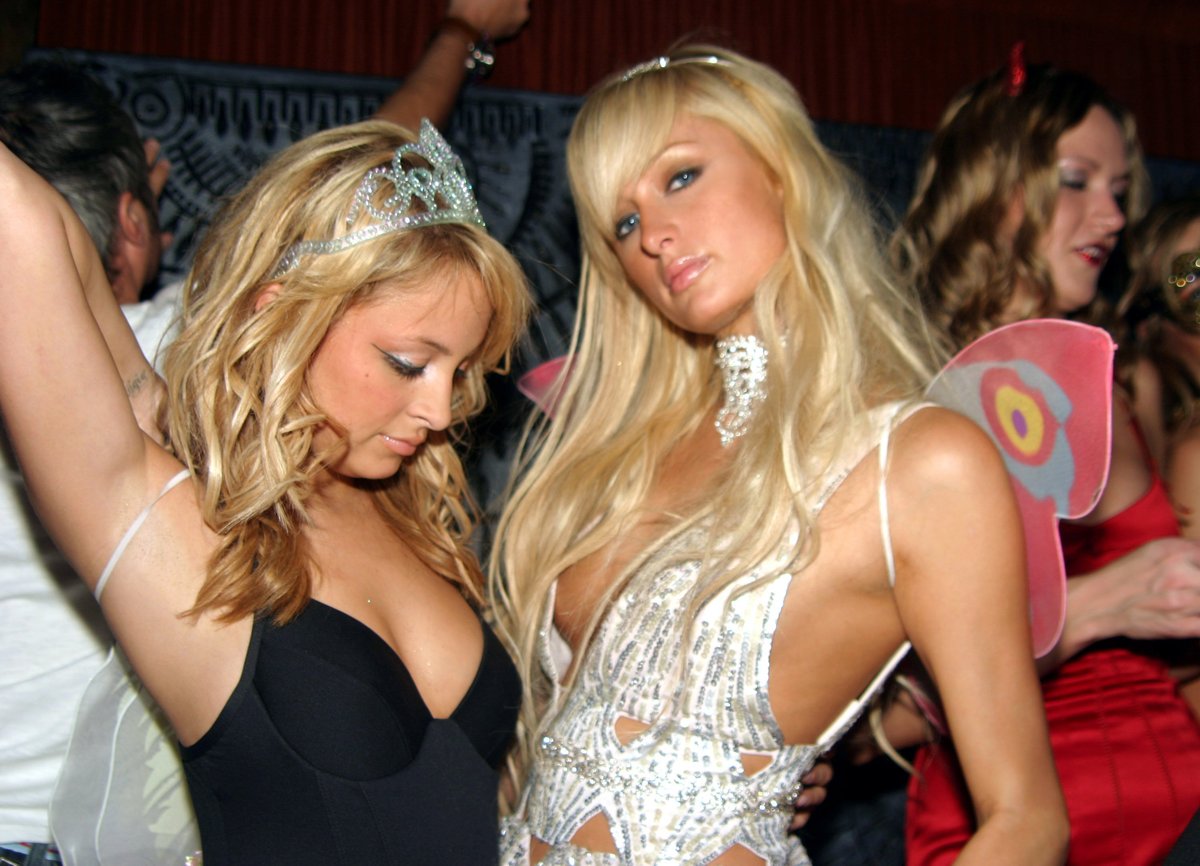 Image: Getty.
Image: Getty.
Do these kinds of 2000s star revivals ignore - accidentally, at best, or willfully, at worst - all of this behaviour, which has not been acknowledged and apologised for?
These women have been victims of misogyny. They have also lived through substance abuse issues and mental health struggles, and for that we can have compassion and admiration. The treatment of these stars - and many others around the time - was disgusting, sexist and abusive. But can we also acknowledge that these same women have benefitted from other forms of privilege and have previously weaponised it against others? That there have not been apologies or recognition of harmful behaviour and treatment of minorities?
It feels like we have forgotten that all of these things can be true at once.
They have both been wronged, and done wrong.
Are our 2021 redemption arcs too narrow to acknowledge this?
Chelsea McLaughlin is Mamamia's Senior Entertainment Writer. For more pop culture takes, sarcasm and... cat content, you can follow her on Instagram.
Feature image: Getty/Mamamia.
Love watching TV and movies? Take our survey now to go in the running to win a $100 gift voucher.
